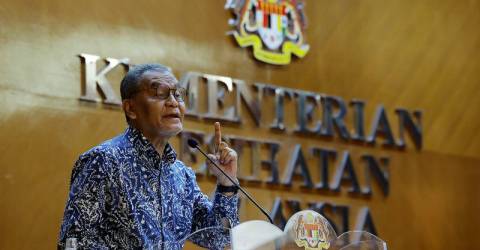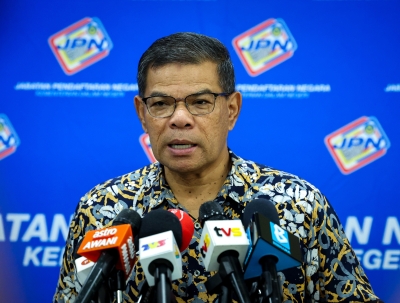Although illegally reconnecting electricity is a criminal offence, some residents have no other choice but to break the law, according to experts.
This comes after the City of Tshwane’s finance MMC, Jacqui Uys, said between 29 April and 5 May, a total of 1 174 electricity meters were audited and 172 were found to have been bridged.
ALSO READ: Tshwane successfully appeals electricity reconnection order
“A total of R4.7 million worth of fines were issued,” she said. Uys said the city’s Ya Tima campaign was continuing to disconnect defaulting residents, businesses and state institutions.
She said another resident was arrested last week for illegal electricity reconnection.
“Last week the Tshwane Metro Police Department arrested a Pretoria Central resident for illegally reconnecting his electricity. The resident has been charged with tampering with municipal infrastructure and theft of electricity,” she said.
“This arrest follows the recent arrests of two Garsfontein homeowners and a former Tshwane contractor in April for tampering with municipal infrastructure and theft of electricity.”
Uys said the city also laid a criminal case against a Centurion shopping centre in March for similar offences. Rural criminologist from the University of Limpopo Prof Witness Maluleke said the manifestation of informal settlements adjacent to urban cities and rural areas across South Africa often fuel this problem, coupled with high electricity rates.
ALSO READ: WATCH: Tshwane residents who owe the city are ‘relatively well off’, says mayor (VIDEO)
“In all honesty, a larger number of residents are experiencing poverty and some of them rarely afford to buy electricity, using illegal electricity connections as a last resort,” he said.
Criminologist Prof Jaco Barkhuizen said illegally connecting electricity was a criminal offence and a violation of bylaws.
“However, we have seen through the years municipal disconnections have been incorrect, or billing is incorrect,” he said.
Barkhuizen said municipalities should be 100% sure bills were correct and without disputes.
“Residents could hold municipalities civilly liable for false imprisonment and arrest,” he added.

 1 week ago
1 week ago
















 English (US) ·
English (US) ·